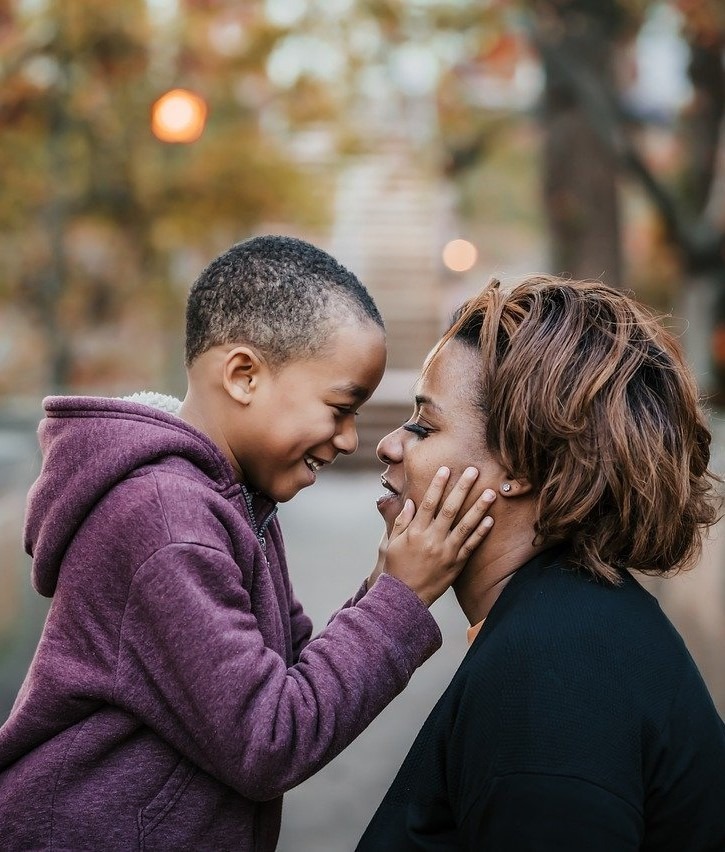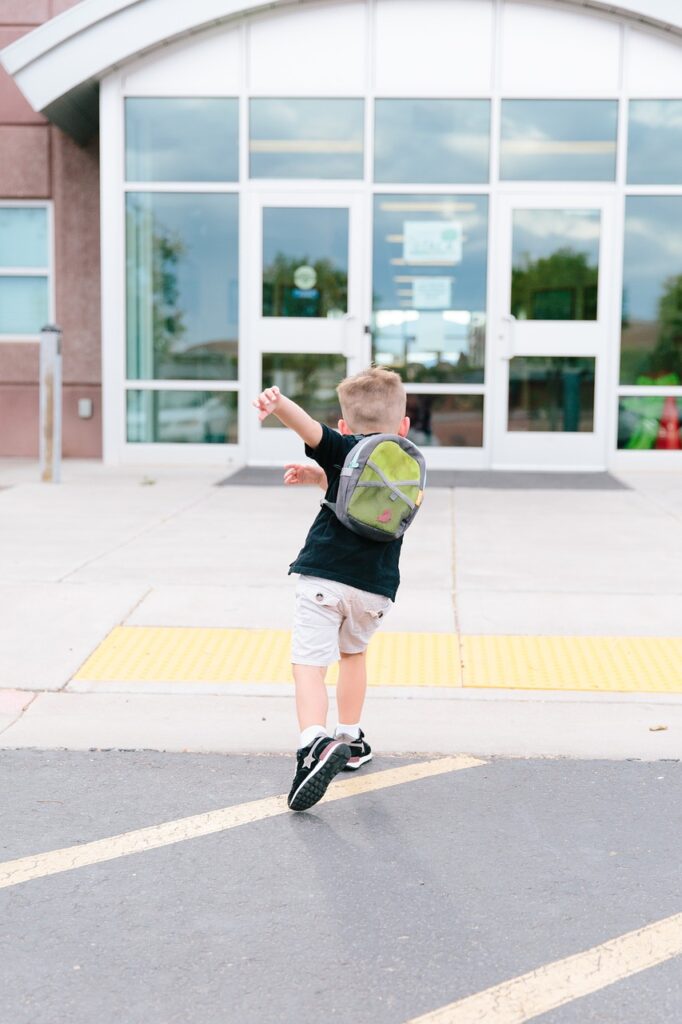
The start of a new school year can be both stressful and thrilling. Certainly for families with school-age children–and for teachers and administrators–it’s a time of nervous preparation, of anxiety about the year ahead, of shopping and scheduling and strategizing.
But mixed into that stress is excitement about new things to learn and new friends to meet. In fact, many adults–even those whose children are grown or don’t have children–share that sense of anticipation when school supplies start showing up in stores. The start of school is a reset point for the year when goals are set and plans made.
To foster excitement and reduce anxiety, Education Program Coordinator Joanne Howard encourages families to mark the start of the new school year by establishing family traditions.
“Traditions are important because they help children feel safe,” says Howard. “The predictability of traditions makes children feel nurtured and cared-for. They really crave that structure.”
Establishing a back-to-school tradition is also a good way to add a calm, reflective moment into the hurry and chaos of returning to school. “It can become a time that you and your children can have a conversation and connect in a low-stress environment,” says Howard.
It’s also a way to consciously create what folks at the Garden like to call “emotional souvenirs”–core memories of meaningful moments that you can carry with you wherever you go.
What should that tradition look like? Howard suggests it should be meaningful to your family–and encourages you to make nature a part of the plan. “Lots of families take first-day-of-school photos. What if you took those photos in the Garden at the same place every year? Maybe at a place that is special to you and your kids?” says Howard.
One opportunity for families at the Garden is the free admission day on Sept. 15 to mark the start of Hispanic Heritage Month.

Families can also create traditions that involve helping others and the community, says Howard. “With older children, your family could take on a volunteer activity as a group. We would love to have you volunteer at the Garden, or you can find volunteer opportunities with other organizations that you support,” she says.
This sort of tradition is a way to help children understand their place in the world, Howard says. “It’s a way to make a positive impact while expressing your values as a family.”
Learning together or working together toward a goal can also make a great family tradition, says Howard. The entire family could pick a book to read together, a culture to study or a project to complete. Consider learning about Latin American culture and heritage at the wide of variety of ¡Celebramos! events this September and October, including a family workshop to make traditional sugar skulls. Your family could plant a fall garden, or begin training for a local run such as the YMCA Turkey Trot or the Zoo Run.
Pre-schoolers aren’t too young to begin marking back-to-school–in fact, the traditions you establish when your children are very young will be all the more meaningful as they grow. And there’s no reason to stop once kids because adults.
“Traditions are how we mark the passage of time. Wouldn’t it be wonderful for a family with adult children to continue to celebrate their special tradition in the years to come? And then pass along that tradition to the next generation,” says Howard.






